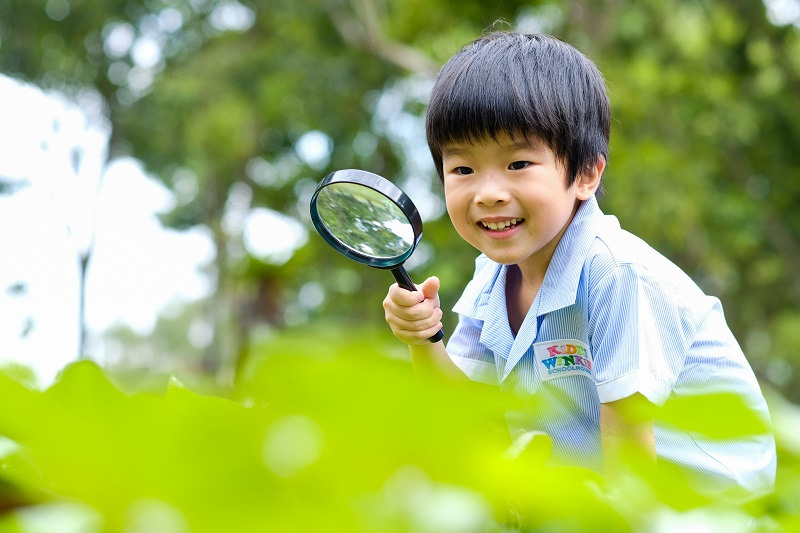
Denounce with righteous indignation and dislike men who are beguiled and demoralized by the charms pleasure moment so blinded desire that they cannot foresee the pain and trouble.
Read More
Copyright © Kiddiwinkie Schoolhouse 2022. All right reserved. Kiddiwinkie Schoolhouse is an education brand of Babilou Family.




